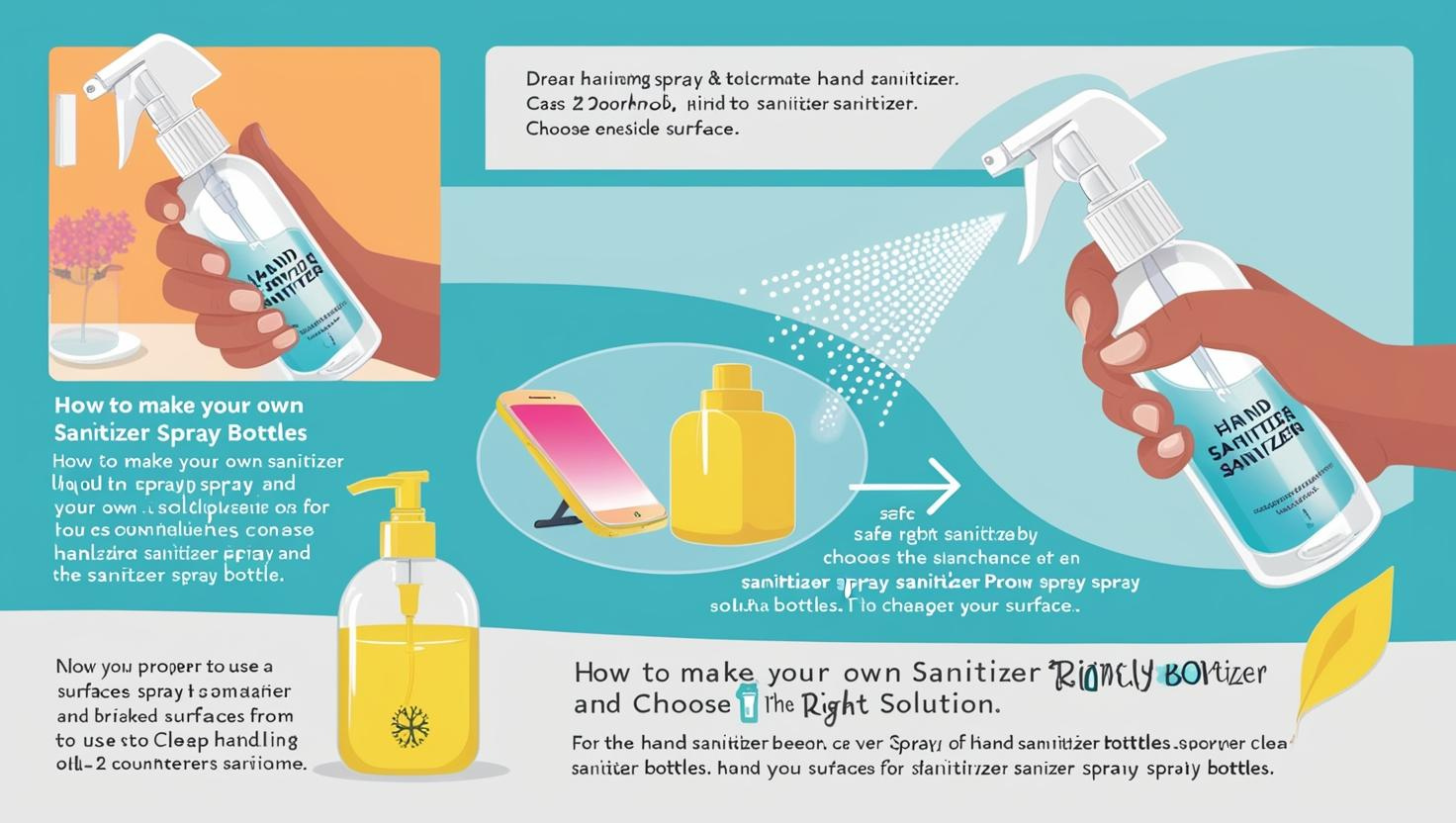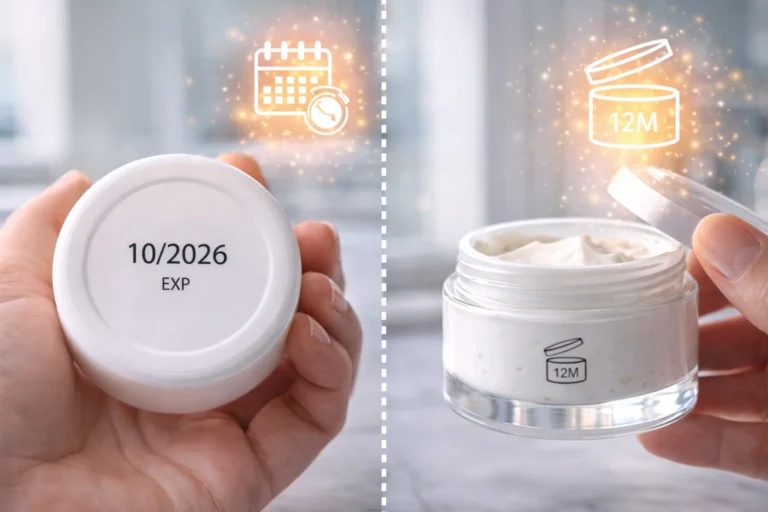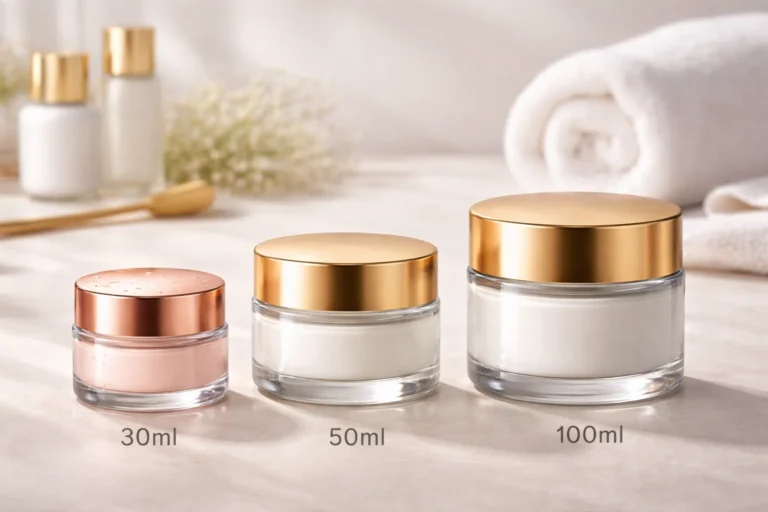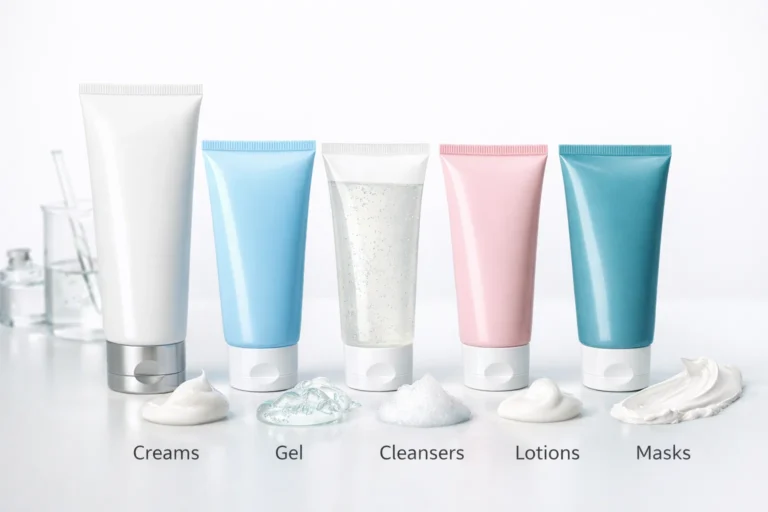
Keeping surfaces, hands, and objects clean is critical for preventing the spread of germs. A sanitizer bottle spray provides a convenient way to disinfect quickly and effectively.
Sanitizer bottle sprays are used for sanitizing surfaces, hands, and objects with ease and precision.
Let’s explore how to use and maintain sanitizer bottle sprays, make your own, and choose the right sanitizing solutions.
How to sanitize a spray bottle?
Sanitizing your spray bottle is essential to prevent contamination.
Clean a spray bottle by washing with warm, soapy water, then rinsing and sanitizing with isopropyl alcohol1 or boiling water.
This ensures the bottle is safe to use for disinfecting solutions or other liquids.
Steps to sanitize a spray bottle
- Disassemble the bottle: Remove the nozzle and cap.
- Wash thoroughly: Use warm, soapy water.
- Sanitize: Rinse with isopropyl alcohol or soak in boiling water for 10 minutes.
- Air dry: Let all parts dry completely before use.
How do you make a sanitizer spray bottle?
Creating your own sanitizer spray bottle is simple and effective for on-the-go disinfection.
Fill a clean spray bottle with a solution of at least 60% alcohol2 for effective sanitization.
This setup is perfect for personal use, travel, or shared spaces.
Materials needed
- A clean spray bottle
- Isopropyl alcohol (at least 60%)
- Optional: Essential oils for fragrance
How do you make homemade sanitizer spray?
Homemade sanitizer spray can be made with a few basic ingredients.
Combine isopropyl alcohol3, water, and optional essential oils in a spray bottle to make your own sanitizer.
Homemade sprays are cost-effective and customizable for personal preferences.
Simple homemade sanitizer spray recipe
- Ingredients:
- 3 parts isopropyl alcohol (70% or higher)
- 1 part distilled water
- A few drops of essential oil (optional)
- Instructions:
- Mix the ingredients in a sanitized spray bottle.
- Shake well before use.
Can I use isopropyl alcohol as a disinfectant spray?
Isopropyl alcohol is a powerful disinfectant for a variety of surfaces.
Yes, you can use isopropyl alcohol as a disinfectant spray4, but ensure it is diluted to 70% concentration for optimal effectiveness.
Using the right concentration ensures maximum germ-killing properties without causing surface damage.
What hand sanitizer kills stomach viruses?
Not all sanitizers are effective against stomach viruses like norovirus.
Hand sanitizers with at least 60% ethanol or isopropyl alcohol5 are effective against most stomach viruses.
However, washing hands with soap and water remains the best method for eliminating such viruses.
Conclusion
Sanitizer bottle sprays are versatile tools for maintaining hygiene. Whether you’re sanitizing surfaces or making your own disinfectant, these bottles offer convenience and effectiveness. By following proper usage and maintenance tips, you can maximize their benefits in your daily routine.
-
Learn how to properly sanitize spray bottles to ensure safe usage. ↩
-
Explore the importance of using at least 60% alcohol for effective sanitization. ↩
-
Discover recipes for making homemade sanitizer sprays. ↩
-
Understand the correct way to use isopropyl alcohol as a disinfectant. ↩
-
Find out which hand sanitizers are effective against stomach viruses. ↩


